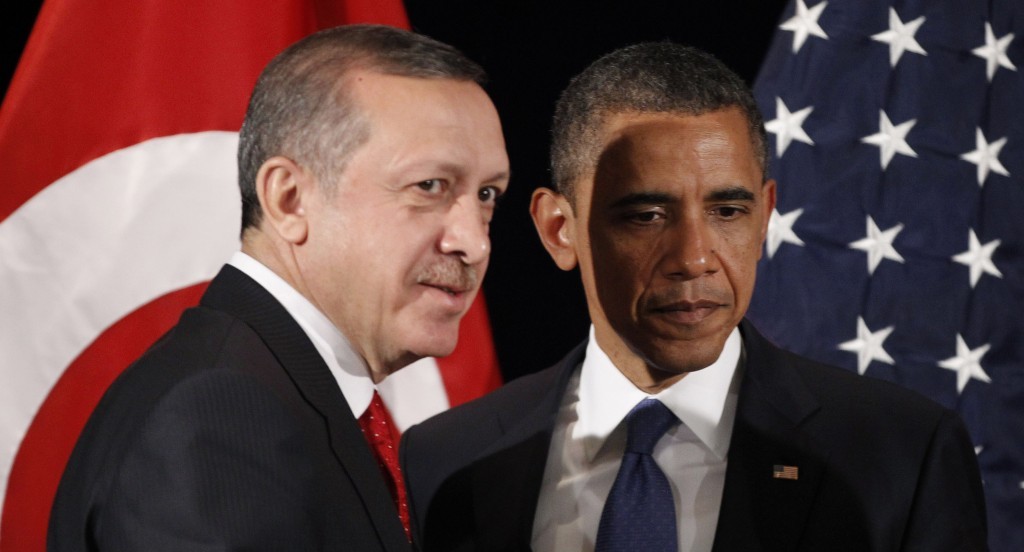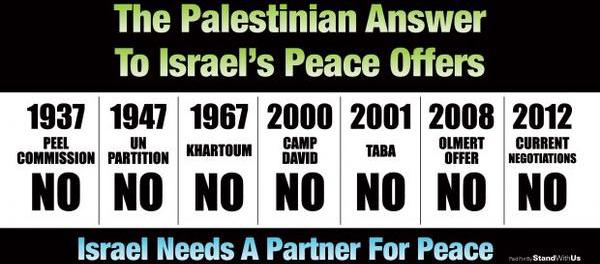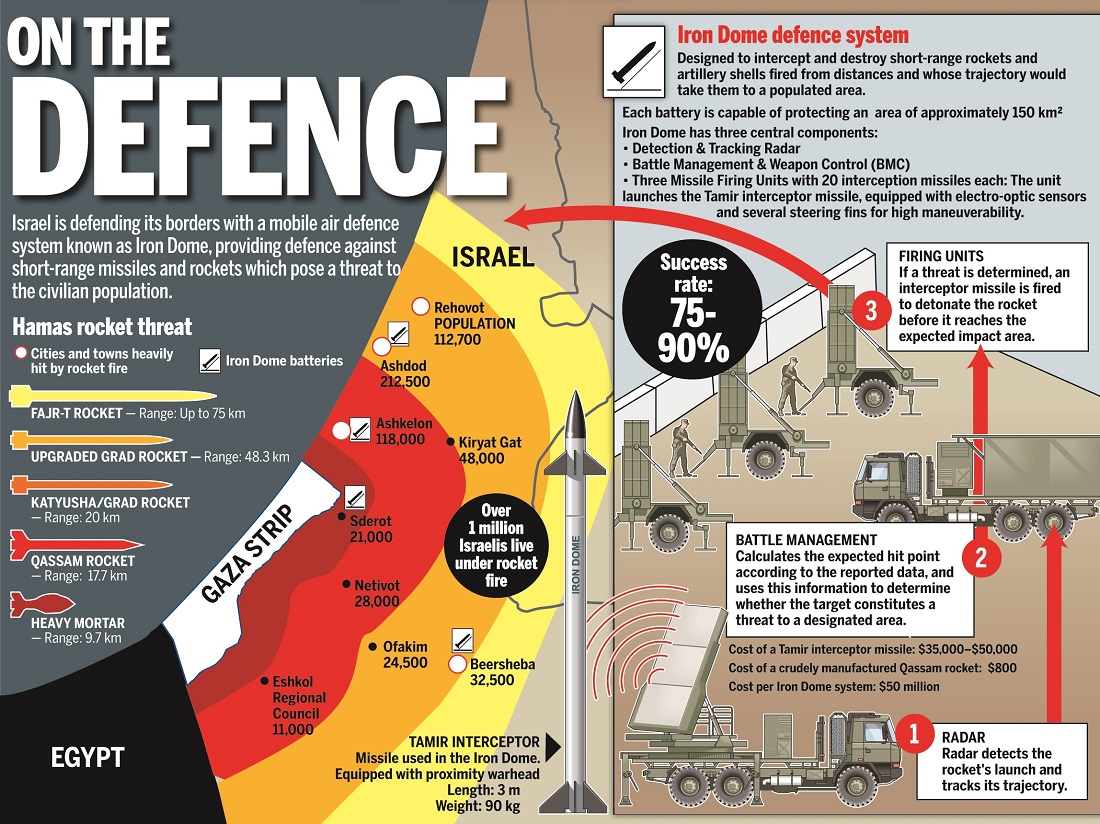The Turkish Betrayal – Global Implications
It is puzzling how the U.S.-Turkish intelligence relationship can continue despite Turkey’s actions not only in undermining the interests of a major strategic ally (Israel), but facilitating a major intelligence setback for Western efforts to halt Iran’s nuclear program. Steven Cook and Michael Koplow, writing for the Council on Foreign Relations suggest as much: “That Erdogan and/or his intelligence chief, Hakan Fidan, were willing to undermine a broad Western effort to stop Iran’s nuclear development for no other reason than to stick it to Israel should be a wake-up call as to whether the current Turkish government can be trusted as a partner on anything.” Nevertheless, Turkish-American relations have continued to expand to the point that Erdogan remains among Obama’s key confidants. This was reflected when the administration made Turkey co-chair of its signature Global Counterterrorism Forum in June 2012 – a Forum which controversially excluded Israel.
But there could be another undercurrent at work here. Separate and apart from the breach of trust and the damage done to Israeli interests in this disclosure, not to mention Turkey’s credibility, Debkafile notes that Israeli intelligence believes that Ignatius may have been provided with this information at this particular moment not so much to disclose an Israeli intelligence betrayal by Turkey that took place last year, but as a warning to Israel’s Prime Minister Binyamin Netanyahu not to “sabotage diplomacy” by generating “more hysterical opposition” (in the words of the New York Times) and to drop his objections to possible U.S. and European concessions designed to coax Iran into abandoning its nuclear weapons program. The fear is that Israel may unilaterally bomb Iran’s nuclear installations in the midst of these negotiations or turn to its traditional allies in the U.S. Congress to press Obama to stand tough on Iran especially since two-thirds of Israelis doubt Obama will keep his promise to prevent Iran from developing nuclear weapons – according to a recent opinion poll published by Tel Aviv University and the Israel Democracy Institute.
After all, why leak the story to the press during the conference? The timing of this espionage disclosure may be even more significant than the disclosure itself. Consider that Ignatius’s article was published Wednesday, Oct. 16th, on the final day of a two-day conference in Geneva between six world powers and Iran concerning the latter’s expanding nuclear enrichment program. A chorus of Western powers led by the U.S. and the mainstream media hailed the event as “substantive”, a “new phase” and “forward-looking” despite their having failed to achieve any breakthrough whatsoever, and despite widespread skepticism within the U.S. Congress, the International Atomic Energy Agency, the U.S. Institute for Science and International Security, half a dozen United Nations Security Council resolutions requiring Tehran to “suspend all enrichment-related and reprocessing activities”, and numerous global nuclear experts familiar with the Iranian nuclear program and Iran’s history of deception relating to it – a deception demonstrated by Iran’s nuclear missile programs, its warhead research, and the systematic concealment of its activities from international inspectors. We heard the same fanfare about breakthroughs and the need to make significant concessions to North Korea ……… just before they conducted their first nuclear weapon test in October 2006.
Ignatius predicts that “kaleidoscopic changes” lie ahead for the Middle East. In fact, new alliances are already forming between Turkey, China, Russia, Iran, Iraq, Lebanon and Syria on the one hand, and Israel, Egypt, Saudi Arabia and the Gulf emirates on the other. Obama has notified Prime Minister Netanyahu that the gradual lifting of sanctions against Iran will soon begin and Israeli intelligence fears that Ignatius’s disclosure, coming as it did during the Geneva meeting, is a warning to Netanyahu that he must accept President Obama’s new Middle East vision as it relates to Iran.



